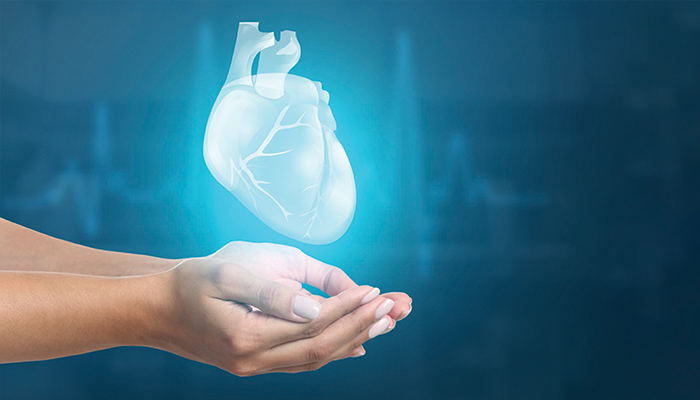
Muscat: Organs donated by a single person after they die can help improve the lives of up to eight patients suffering from organ failure, a senior official at the Ministry of Health has said.
More need to be done to spread awareness of the importance of donating organs to help people in need, said Dr Ahmed Al Busaidi, from the ministry’s National Organ Transplant Programme.
“A person wishing to donate his organs after death must educate him/herself about their intentions, and take information from reliable sources,” he said.
“They must then discuss this with their family, and aim to correct any misconceptions about organ donation they might have. Once they have been convinced, the person in question must ask them to carry out their desires, should something happen to the donor, which could include a situation in which doctors decide they are brain dead.
“The donation of organs by a person, either during their lives or after death, is a noble act that helps save people whose lives are in danger,” added Al Busaidi .
“For example, while (s)he is still alive, a person can donate a kidney, a lobe from their liver, or some of their bone marrow, while after they have passed on, a person’s organs can be donated to save as many as eight people who are suffering.”
Since 2017, 293 patients have undergone kidney transplants using organs donated by their relatives, and a further 17 were donated by people who wished to give their organs to others once they died. 11 patients have also undergone liver transplants since then.
However, these figures represent a very small number of patients who require transplants. There are in Oman some 3,000 patients who undergo regular haemodialysis because they suffer from kidney failure. Families can choose to donate the organs of their clinically deceased relatives, if they are over 18 years, in keeping with legal procedures in the country.
“More efforts must be taken to intensify the awareness of organ donation, both while donors are alive and after their death,” explained Al Busaidi, who went on to list the laws governing organ contribution and transplants in the country.
These are regulated under Ministerial Resolution No. 179/2018, which set the conditions for people donating organs while they are alive, and even after death. Article 4, which states the conditions for a living donor, mention they must not be minors, and must be fully capable to donate organs. The donor must also have a relation up to the fourth degree with the recipient. However, non-relatives can receive an organ if needed urgently, once this has been approved by the relevant committee.
Article 10, which governs donation of organs from deceased persons, states that they can only be donated if stipulated in their wills. Alternatively, organs and tissue transplants from deceased persons can be carried out with the permission of their guardian. The second criterion for donations from dead people is that their deaths should have been conclusively proved.